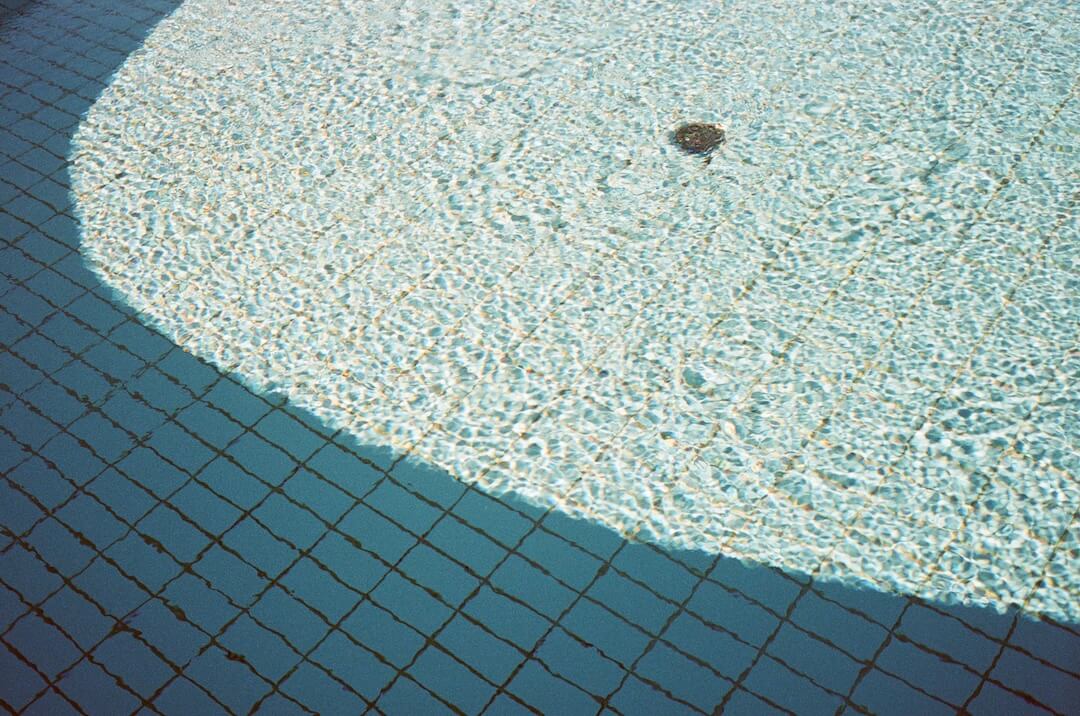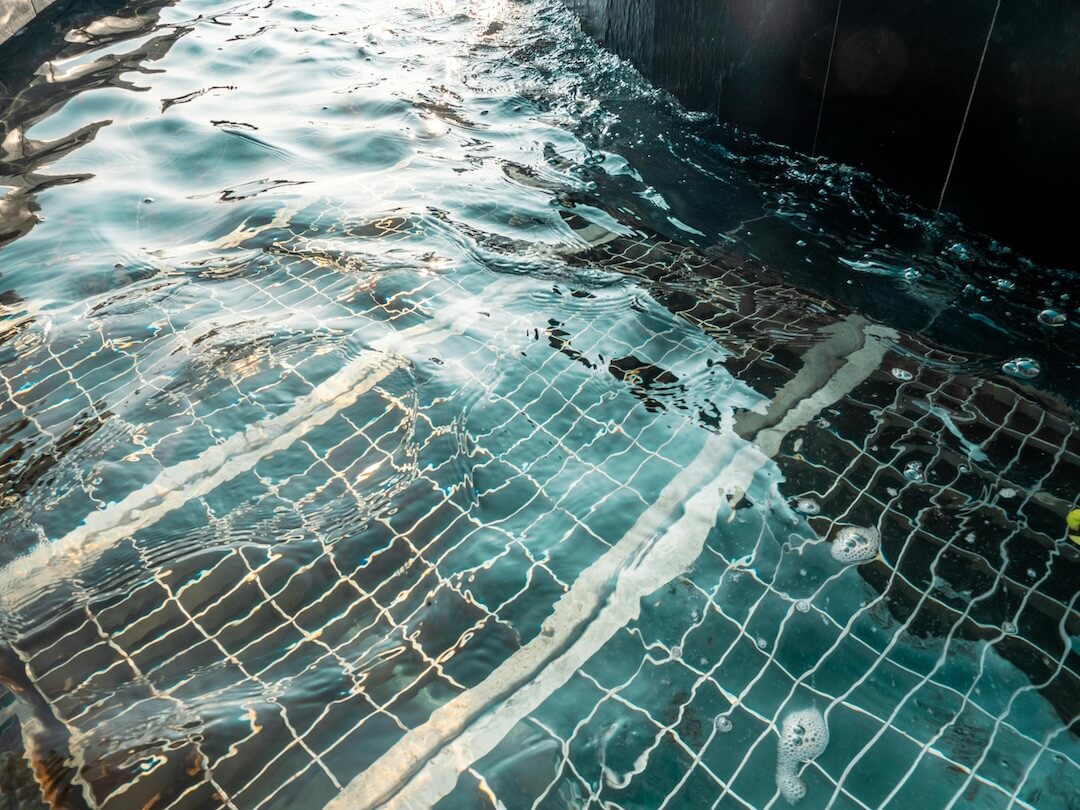How to Balance Pool pH Levels

How to Balance Pool pH Levels
Maintaining the perfect pH level in your pool is essential for ensuring clean, safe, and comfortable swimming conditions. If you reside in Plantation, Florida, understanding how to properly balance your pool’s pH can enhance your swimming experience and extend the lifespan of your pool components. Our pool experts emphasize that a balanced pH not only keeps your water clear but also prevents costly damage and reduces the need for excessive chemical use. This guide will walk you through the steps necessary for maintaining optimal pH levels and offer practical tips tailored specifically for the climate and water conditions in Plantation.
Understanding the Importance of pH Balance in Your Pool
The pH level measures the acidity or alkalinity of your pool water, with a neutral pH being 7.0. For most pools in Plantation, the ideal pH range is between 7.2 and 7.6. When the pH falls outside this range, various issues can arise. A low pH (below 7.2) makes water too acidic, which can cause corrosion of pool equipment such as filters and pumps, as well as skin and eye irritation for swimmers. Conversely, a high pH (above 7.6) results in water that is too alkaline, leading to cloudy water, scaling on surfaces, and decreased effectiveness of sanitizers like chlorine.
Our specialists stress that regular testing and adjustment of your pool’s pH are vital to keeping your water balanced. Especially in Plantation’s warm climate, where high temperatures can accelerate chemical imbalances, proactive maintenance is key. Proper pH levels also enhance the effectiveness of disinfectants, preventing algae growth and bacteria buildup, thus promoting a healthy swimming environment.
How to Test Your Pool’s pH Level
Before adjusting the pH, it’s necessary to know the current level. Testing your pool water is simple and should be done at least twice a week during peak swimming season. Use a reliable pool water testing kit or test strips, which can be purchased from local pool supply stores or online. Carefully collect a water sample from about elbow depth, away from return jets or skimmers, to get an accurate reading.
Our pool specialists recommend testing in the shade and following the instructions provided with your testing kit precisely. Record the pH reading and compare it to the ideal range of 7.2 to 7.6. If your levels are outside this range, it’s time to make adjustments. Consistent testing helps you stay ahead of imbalances and ensures your pool remains in pristine condition.
How to Adjust Pool pH Levels
When your test results indicate your pool’s pH is too low or too high, you can correct it with specific chemicals. For increasing pH, use a pH increaser, typically sodium carbonate (also known as soda ash). To lower pH, add a pH reducer, often muriatic acid or dry acid (sodium bisulfate).
Our pool experts advise adding chemicals gradually, especially in warm weather when chemical reactions occur more rapidly. Always add chemicals in small doses and wait at least four hours before testing again. This cautious approach prevents overshooting the target pH range. It’s important to wear protective gear, such as gloves and goggles, when handling pool chemicals.
For Plantation residents, it’s beneficial to schedule chemical adjustments during cooler parts of the day to avoid rapid evaporation and concentration changes. Additionally, maintaining proper circulation helps distribute chemicals evenly throughout the pool, ensuring uniform pH levels.
Tips for Maintaining Consistent pH Balance in Your Pool
Achieving and maintaining optimal pH requires a combination of regular testing, thoughtful chemical adjustments, and good pool upkeep. Our specialists recommend establishing a weekly testing routine, especially during the hot Florida summers, where evaporation and swimmers’ activities can influence water chemistry.
An important tip is to monitor other water parameters, such as total alkalinity and calcium hardness, as these factors influence pH stability. Keeping alkalinity between 80 and 120 ppm acts as a buffer, preventing pH swings. If alkalinity is not within the proper range, it can make pH adjustments more challenging.
Using a pool automation system can help maintain consistent chemical levels by automatically adding chemicals as needed. For homeowners in Plantation, investing in a reliable system can reduce the frequency of manual testing and chemical addition, ensuring your pool stays balanced with minimal effort.
Furthermore, always ensure your pool’s filtration and circulation systems are functioning properly. Good water movement prevents stagnant areas where pH imbalances can develop. Regularly cleaning filters and skimming debris also contribute to maintaining healthy water chemistry.
Common Issues Caused by Imbalanced pH and How to Prevent Them
Ignoring pH balance can lead to several problems that diminish your pool experience and increase maintenance costs. When pH is too low, corrosion can damage your pool’s metal fixtures and equipment, leading to costly repairs. Additionally, low pH can cause skin and eye irritation for swimmers, making your pool less enjoyable.
High pH levels foster cloudy water, which reduces visibility and increases the risk of algae and bacteria growth. Scaling on pool walls and equipment is another common consequence, often requiring professional cleaning or repairs. To prevent these issues, our pool specialists recommend staying vigilant with your testing routine and making timely chemical adjustments.
In Plantation, where the warm climate accelerates chemical reactions, preventive maintenance is especially important. Regularly check your water chemistry and address any imbalances promptly to keep your pool inviting and safe for all users.
When to Call in Pool Professionals in Plantation
While routine testing and minor adjustments can often be managed by homeowners, some situations require professional expertise. If you notice persistent pH fluctuations despite regular adjustments, or if your pool water remains cloudy or develops scaling, it’s time to consult our specialists.
Additionally, if you experience corrosion or damage to your pool equipment, a professional assessment can identify underlying issues contributing to pH imbalance. Our experts can perform comprehensive water testing, diagnose problems, and provide tailored solutions to restore your pool’s water chemistry.
For residents in Plantation, working with trained pool professionals ensures your pool remains in top condition, especially during the demanding summer months. Our team can also advise on proper chemical use, equipment maintenance, and water balancing strategies to keep your pool safe and enjoyable year-round.
Conclusion: Achieving a Healthy, Balanced Pool in Plantation
Balancing your pool’s pH is a fundamental part of effective pool maintenance that directly impacts water quality, swimmer comfort, and equipment longevity. Our specialists emphasize that consistent testing and proactive adjustments are key to keeping your water within the ideal pH range. Remember to use high-quality chemicals, monitor other water parameters, and maintain proper circulation to prevent imbalances from taking hold.
Living in Plantation means enjoying warm weather and outdoor swimming, but it also requires diligent pool care to handle Florida’s unique water conditions. By following these tips and scheduling regular check-ups with our pool experts, you can enjoy crystal-clear, healthy water all season long. Contact us today for personalized advice, professional water testing, and expert assistance to keep your pool in perfect balance year-round.



